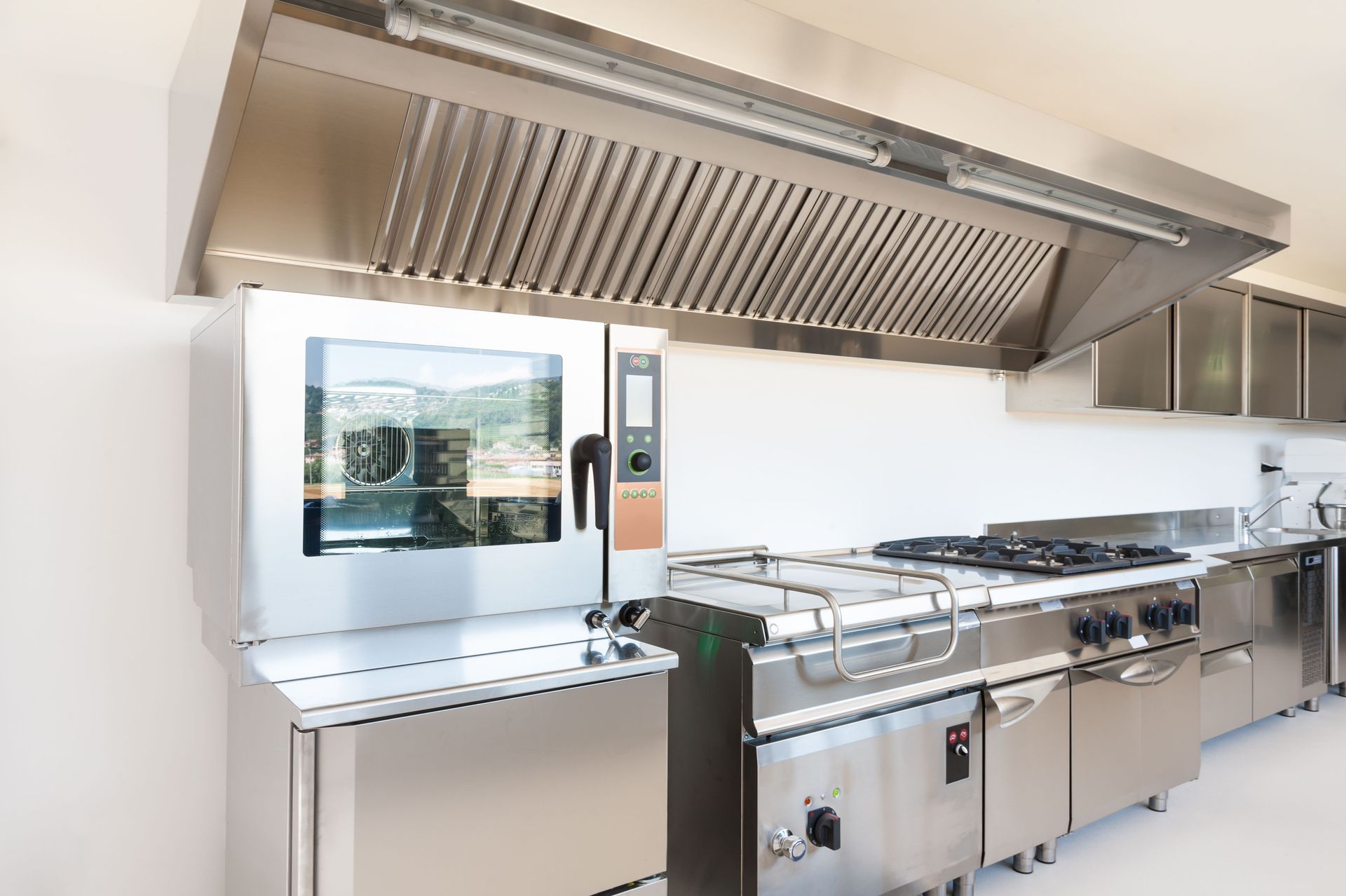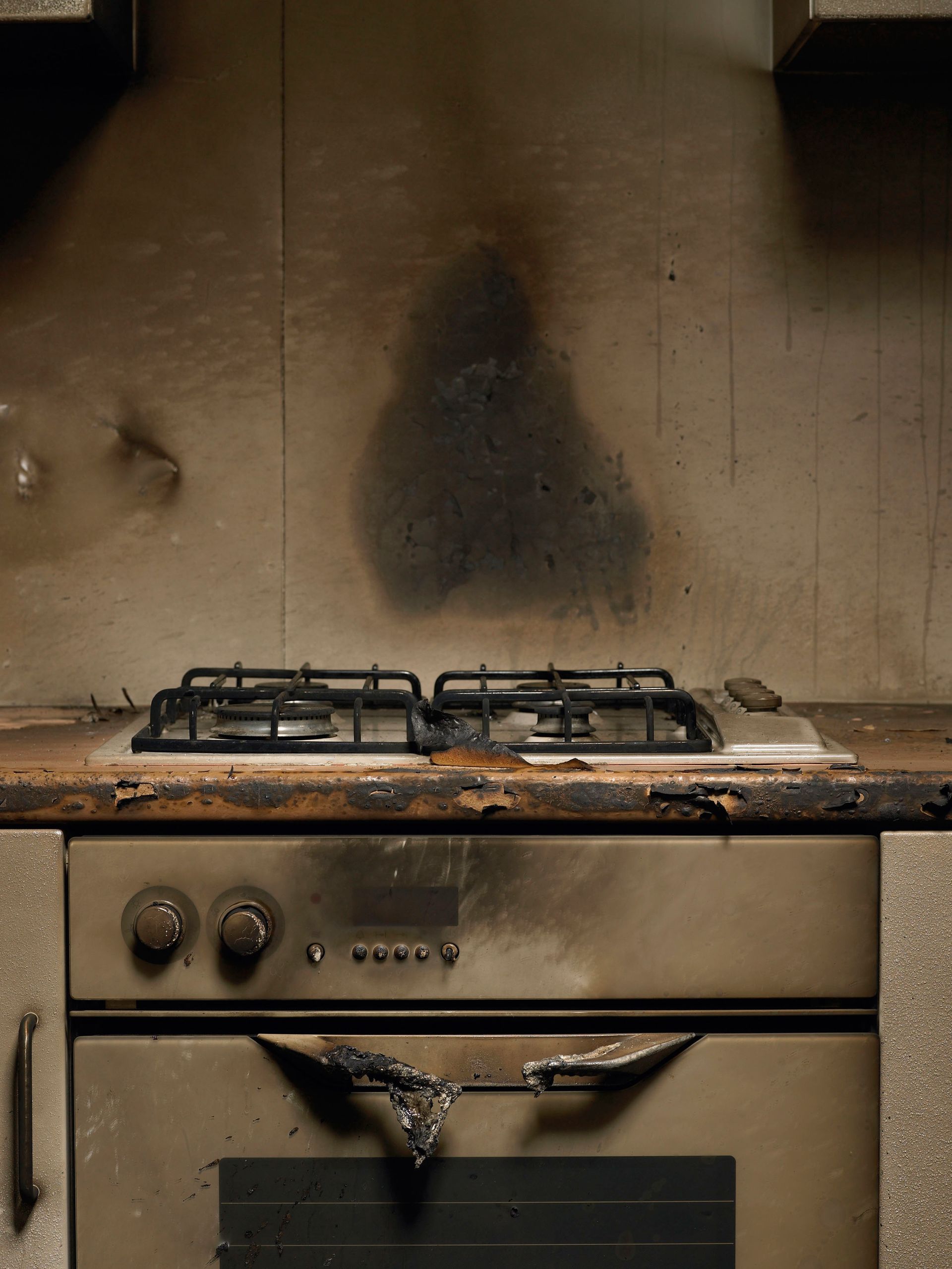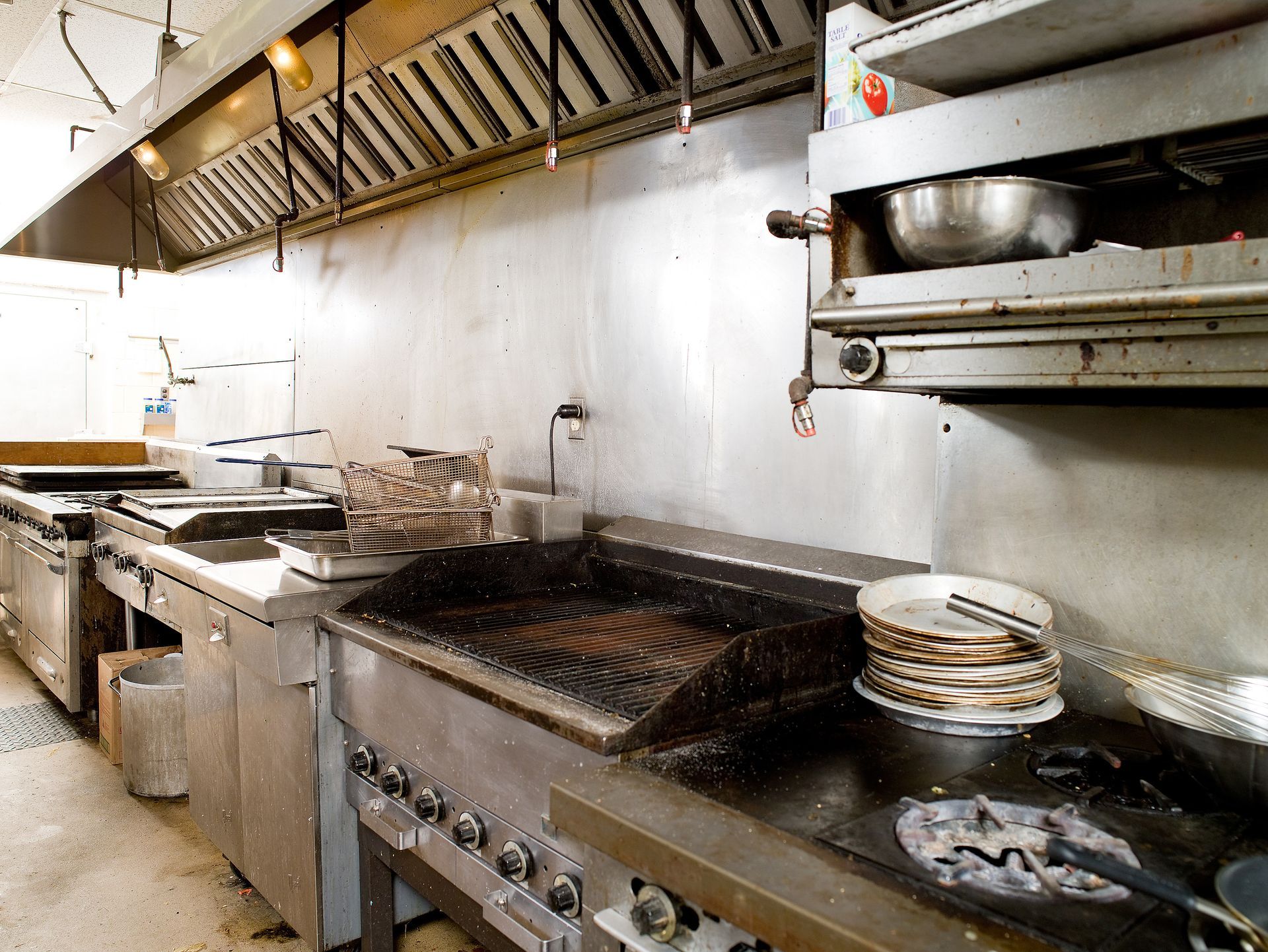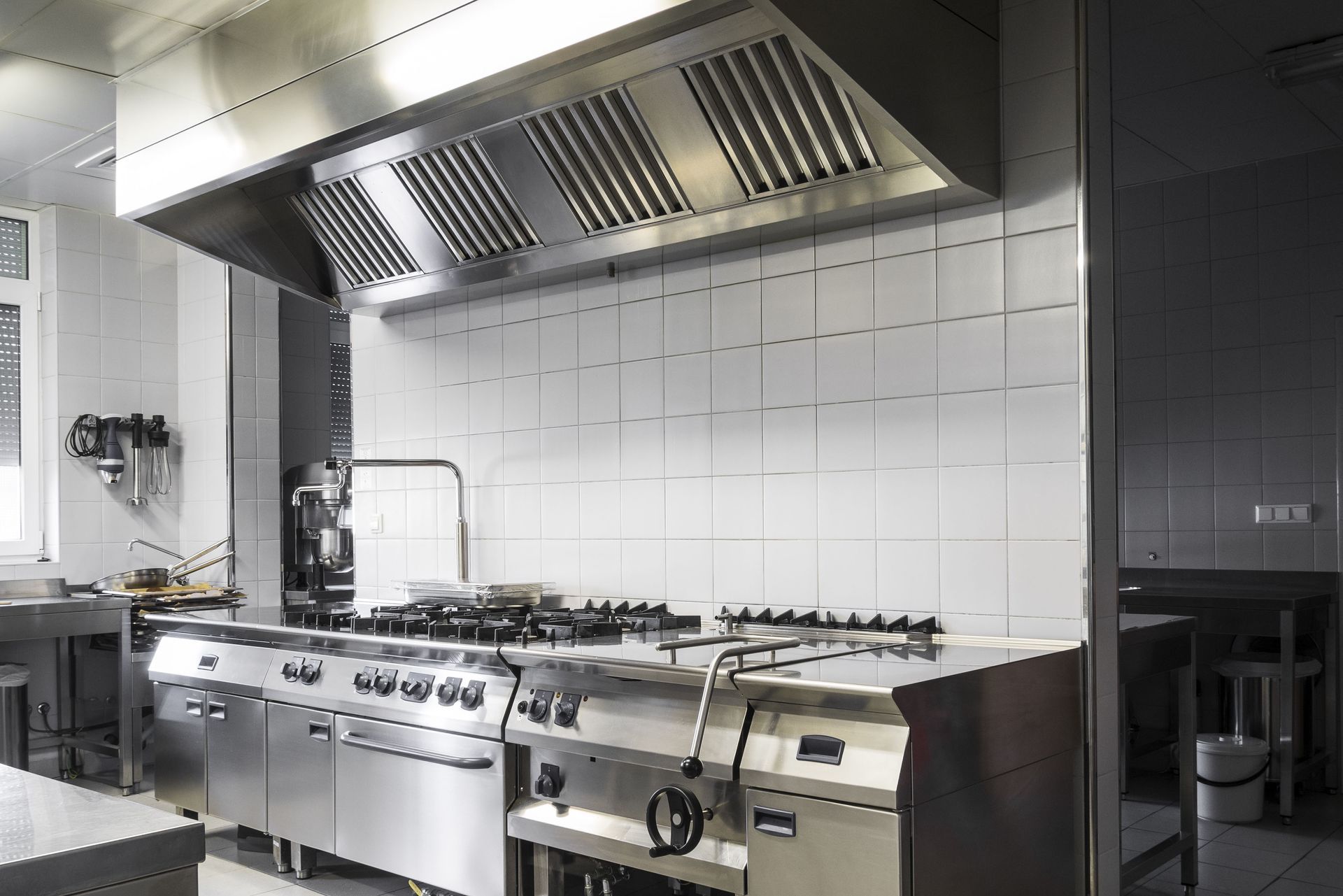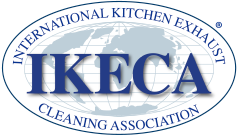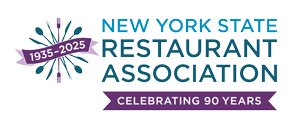October 10, 2025
Kitchens are often at the heart of homes and commercial establishments, bustling with activity and laden with potential hazards. A local fire suppression service plays an indispensable role in ensuring that these vital spaces remain safe and secure. This article explores the various methodologies employed by these services, including inspections, installations, training, and technological advancements, all of which collectively help prevent, manage, and mitigate potential fire hazards.
1. Performing Regular Inspection and Maintenance
Regular inspections are fundamental in identifying potential fire hazards in kitchens, long before they manifest into significant threats. Fire suppression services rely on trained professionals who conduct methodical evaluations of the kitchen environment, considering both the layout and the equipment in use. By routinely assessing these components, the services can effectively pinpoint vulnerabilities, such as faulty wiring or improperly maintained appliances, that could lead to fire incidents. These inspections also often reveal patterns or habits that contribute to fire risks, allowing kitchen staff or property owners to make necessary adjustments.
The effectiveness of fire suppression equipment relies heavily on regular maintenance to keep systems in top working order. A local fire suppression service provides detailed inspections and repairs, resolving issues such as leaks, faulty sensors, or discharged extinguishers that could hinder performance. By ensuring each component functions properly, routine maintenance reduces the risk of system failure during an emergency. Additionally, professional upkeep helps maintain compliance with industry standards, lowering liability risks while safeguarding occupants and property.
Adherence to safety standards is a critical aspect of fire suppression efforts, and services are rigorously aligned with both local and national regulations. Compliance ensures that all fire suppression systems meet or exceed the outlined safety requirements, thus providing a reliable defense against potential fires. Services use their expertise to navigate complex codes and safety guidelines, ensuring that every kitchen setup is compliant and up-to-date. Such diligence minimizes risks associated with regulatory non-compliance, such as fines or increased insurance premiums, while also enhancing overall safety.
2. Installing Advanced Fire Suppression Systems
Wet chemical fire suppression systems are specially designed to combat kitchen fires, especially those fueled by cooking oils or grease. A local fire suppression service can install and maintain these systems, which release a fine mist that cools the flames and creates a protective barrier to prevent re-ignition. This advanced technology is vital in commercial kitchens, where the risk of grease fires is especially high. By quickly controlling fire outbreaks, wet chemical systems safeguard both people and property while reducing potential damages.
Modern fire suppression systems now feature automatic detection and activation capabilities that significantly improve response times during emergencies, ensuring fires are suppressed quickly and effectively. Equipped with advanced sensors, these systems can detect heat or smoke and automatically deploy suppression agents without the need for human intervention. This rapid response greatly reduces the risk of fires spreading, protecting both people and property. According to IBISWorld, the U.S. fire protection and security system installation industry revenue is expected to reach $22.1 billion by the end of 2025, highlighting the growing demand for such advanced safety solutions. These innovations strengthen the overall reliability of fire safety measures, especially in scenarios where human error could otherwise delay action.
Fire suppression services provide customizable solutions that cater to the unique needs of different kitchen environments. Whether in residential or commercial settings, these tailor-made systems take into account specific factors, such as the size of the kitchen, the type of appliances used, and the frequency of use. By designing personalized fire suppression setups, services ensure comprehensive protection for various kitchen configurations. This customization addresses specific risks unique to each kitchen, enhancing overall safety measures.
3. Offering Fire Safety Training
Equipping kitchen staff with proper fire safety training is a fundamental service provided by fire suppression professionals. Training programs focus on empowering kitchen teams with the knowledge of preventing and reacting to fire emergencies effectively. By understanding both the operational and safety aspects of their environment, staff can make informed decisions that reduce risks. The training emphasizes risk awareness and shapes behavior, leading to safer kitchen operations. This preventive approach not only protects lives but also aids in maintaining the integrity of business operations, underscoring the importance of proper education in fire safety strategies.
Regular fire drills are essential in preparing kitchen staff to respond adeptly during actual emergencies. These drills simulate real-world scenarios, allowing teams to practice evacuation procedures and emergency protocols. By experiencing the dynamics of a fire emergency in a controlled environment, staff build confidence in their response capabilities. Fire drills also help identify weaknesses in current strategies, offering opportunities for improvement and adaptation of fire safety plans.
Each kitchen comes with its own set of challenges and hazards, which is why a local fire suppression service customizes training to address specific needs. Residential kitchens often require different approaches than large commercial operations due to differences in scale, equipment, and daily use. Tailored training programs ensure that staff members receive practical, relevant guidance, maximizing preparedness in any environment. By aligning instruction with the unique dynamics of each kitchen, fire suppression professionals help teams better understand risks and effective safety practices. This personalized approach highlights how a local fire suppression service enhances overall kitchen safety.
4. Conducting Fire Risk Assessments
The layout of a kitchen significantly influences fire risk, underscoring the importance of thorough risk assessments conducted by fire suppression services. Experts evaluate spatial configurations, ensuring that workstations, exits, and equipment placement reduce the potential for fire hazards. Addressing layout considerations allows for an optimized setup where evacuation paths remain unobstructed and potential ignition sources are minimized. These assessments also provide insight into how the flow of kitchen activity impacts fire safety, offering opportunities for strategic modifications. Evaluating kitchen layouts is a routine but crucial step in crafting a safer, more efficient operating environment.
Identifying areas of high risk within kitchens is central to comprehensive fire suppression strategies. Professionals assess zones prone to fires, such as near cooking appliances or chemical storage areas, to understand their specific vulnerabilities. Understanding these high-risk zones allows fire suppression services to prioritize protective measures, ensuring timely intervention if a fire occurs. By mapping out these zones, services can create targeted safety plans and install appropriate suppression systems. This proactive approach significantly reduces the chances of fire incidents, safeguarding both property and personnel from potential hazards.
Equipment usage is a critical factor in kitchen fire safety, and evaluating these practices is essential for reducing risks. A local fire suppression service can assess how appliances such as stoves, ovens, and deep fryers are operated, identifying improper handling or maintenance issues that increase the likelihood of fire. These evaluations provide actionable insights, often leading to staff training and regular equipment inspections that strengthen overall safety. By addressing equipment-related risks at their source, fire hazards can be significantly minimized. This proactive approach reflects the comprehensive fire safety strategies offered by a local fire suppression service.
A well-designed fire suppression strategy ensures that kitchens remain safe, efficient, and compliant with essential safety standards. By combining inspections, advanced systems, training, and thorough risk assessments, fire suppression services create a strong defense against potential hazards. Partnering with a trusted local fire suppression service not only provides access to expert guidance but also ensures fast, reliable support tailored to your specific environment. Contact Chief Fire Prevention for more information on fire prevention and suppression services for your commercial kitchen.
